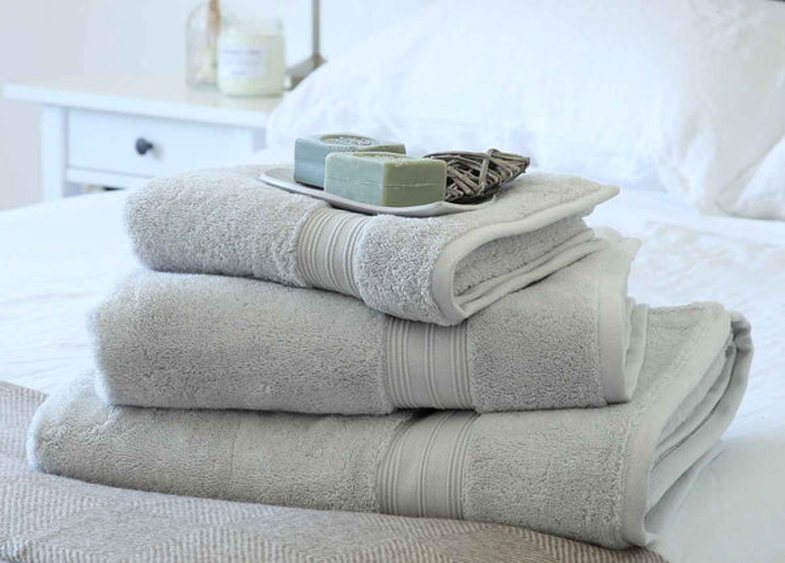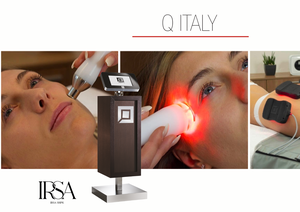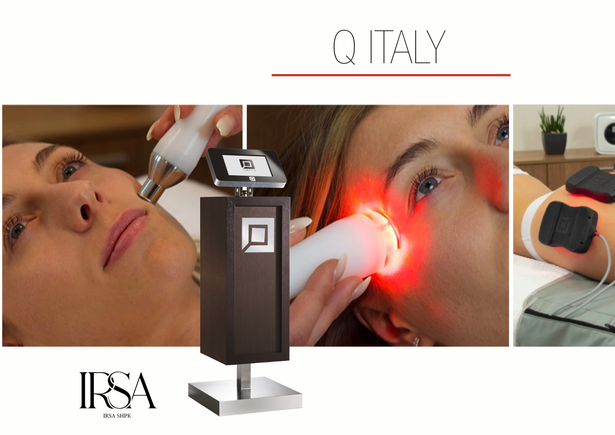
The towels we use to dry off after a shower get used a lot and pick up a lot of germs in the process. But how long should you wait before throwing them in the laundry?
You've probably rubbed your body with one today. But how clean was that towel you dried yourself with? Many of us will throw them in the washing machine once a week, while a survey of 100 people found that about a third of them did so once a month. Some, according to a survey in Britain, admit to doing so only once a year.
And while towels may not show any signs of dirt, they are a breeding ground for millions of germs. Studies have shown that towels can quickly become contaminated with bacteria commonly found on human skin, but also with those found in our intestines.
Even after washing, our bodies are still covered in germs, and perhaps surprisingly, when we dry off, some of them transfer to our towels. But the germs that live on our towels come from other sources too – airborne fungi and bacteria can settle on the fibers of towels while they’re hanging. Some of the bacteria even come from the water we use to wash our towels.
Over time, these microbes can start to form biofilms on towels, which can even start to change the appearance of our towels. After two months, even with regular washing, the bacteria that live on the fibers of cotton towels begin to fade the appearance of the towel. But perhaps not surprisingly, the total amount of bacteria and the species of bacteria depend on the laundry habits in the home.
The real question is, how worried should you be about the bacteria living on your towels?
In fact, there are about 1,000 different types of bacteria living on our skin, along with many other viruses and fungi. But most are actually good for us – helping to keep us safe from infections from other, less friendly bacteria, breaking down some of the chemicals we encounter in everyday life, and playing an important role in the development of our immune system.
Many of the bacteria found living on towels are the same species we find on our skin, but they are also common in the environments we live in. These include strains of Staphylococcus and Escherichia coli, which are commonly found in the human gut, as well as Salmonella and Shigella, which are common causes of foodborne illness and diarrhea.
The longer we use towels and the longer they stay wet, the more hospitable the environment becomes for germs.
Our skin is also a natural barrier against infection.
It's our first line of defense against bacteria and other pathogens, so transferring bacteria from a towel to our skin shouldn't worry us too much.
Don't share your towels with others.
Research has also shown that human papillomaviruses, which are a common cause of warts and verrucae, can also be spread through contact with shared towels with other people.
The risk of transmitting infections from hand towels is one reason why hospitals and public bathrooms now tend to use paper and air dryers, although the evidence is inconclusive as to which of these options is better.
Jean-Yves Maillard, professor of pharmaceutical microbiology at Cardiff University, says practices such as regularly washing towels can help reduce bacterial infections and in turn reduce the use of antibiotics.
So, how often should we wash our towels?
Scott Biology suggests washing your towels once a week. However, this recommendation is not a set rule.
"It doesn't make much sense because if someone is sick, they have vomiting and diarrhea," she says. "They should have their own towel and those towels should be washed every day. That's what we call targeted hygiene, you deal with the risk as it happens."
Detergents can help prevent bacteria found on towels and inactivate some viruses.
According to Scott, towels require a hotter (40-60C, 104-140F) and longer wash than most household fabrics, often with the addition of antimicrobial detergents. Detergents can help prevent bacteria from sticking to fabrics and inactivate some viruses.
For lower-temperature washes, adding enzymes or bleach can help fight germs on towels. Scott refers to home hygiene as a form of altruism, just like vaccinations. Every small practice you take to protect yourself, you also do to protect the people around you.
Suggested articles:







